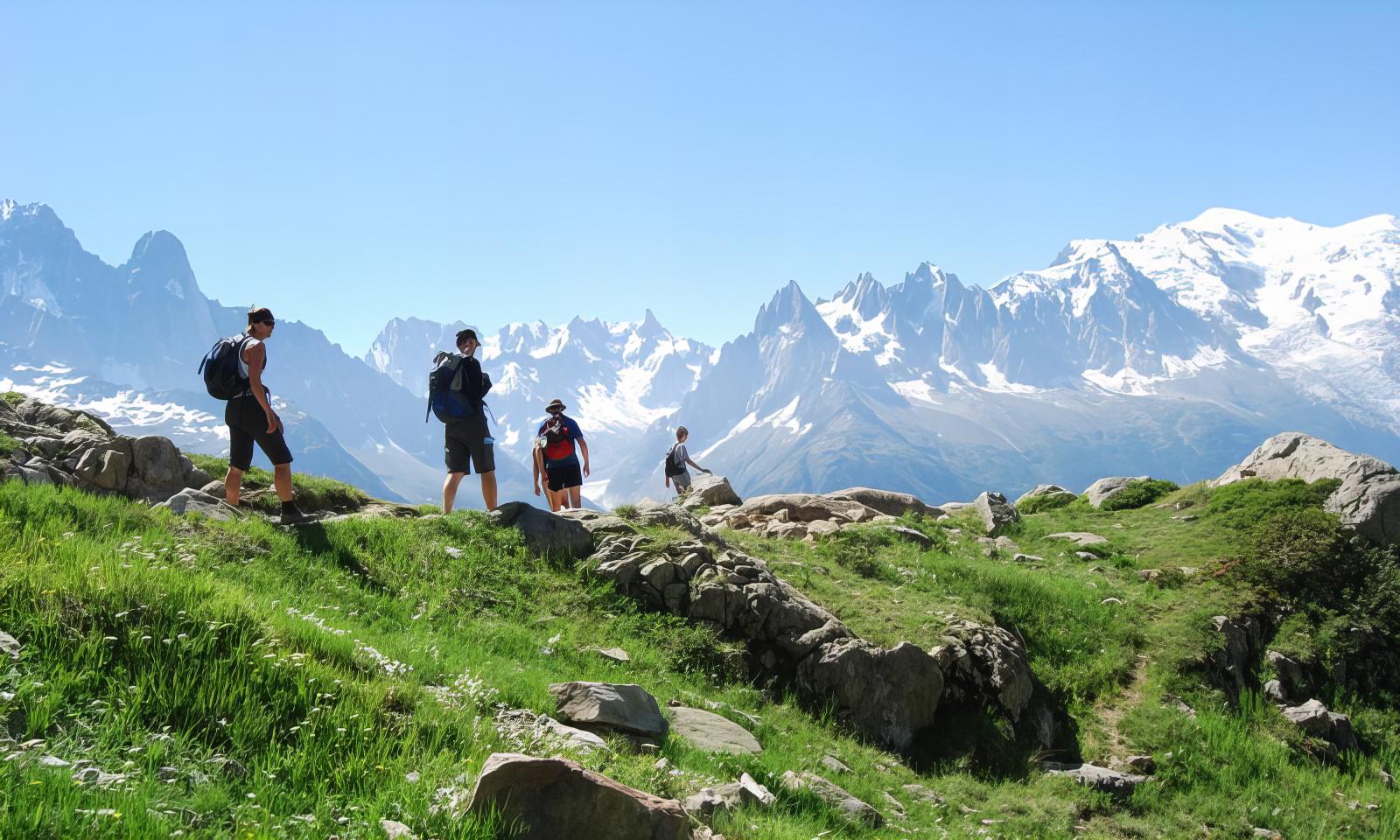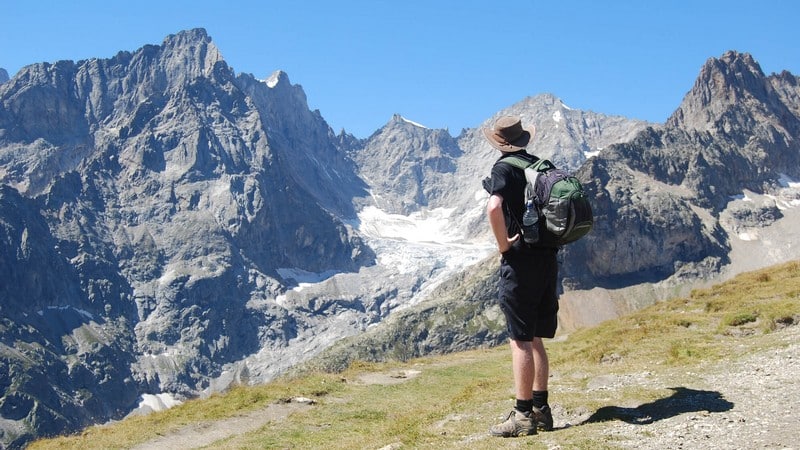Trek Grading
We mostly specialise in point-to-point treks that require good fitness and preparation. Age and experience are no barrier and, so long as you are prepared, you should enjoy and get an immense amount out of your trek.

Grading a trek is naturally subjective and open to many different interpretations. However, based on client feedback, we use the following system:
Gentle walks 5-8km with small ascents and descents, mostly not more than 500m. Approximately 3-5 hour walking each day on easy terrain. You should be in good health and enjoy the outdoors.
Interesting hikes 7-12km with up to 500m-800m of ascent or descent. Approximately 5-7 hours walking each day on a mix of well-worn or slightly unclear paths. You should have good fitness and enjoy being in the outdoors for most of the day.
Longer days 16-20km with up to 1000m of ascent and descent. Approximately 6-8 hours of walking each day on a mix of well-worn and uneven paths. There may be some long ascents and descents and, as you will trek to higher altitudes, the effect of any poor weather will bring cold wind and rain. Early-season treks may encounter old winter snow at the highest elevations and a ski pole is useful for balance. Ice axes and crampons are not necessary. You need to be confident of your fitness.
Similar length of days to the Challenging treks, but some of the terrain may be loose or rocky underfoot. There may be some small sections of fixed equipment, such as short ladders or handrails, but there are no long ladders or via ferrata. You need to be confident of your fitness. There is likely to be 2 or 3 overnight stays in dormitories at mountain refuges: some will be small, some larger.

On some of our Challenging, Challenging+ and Tough treks you may not have your main luggage available every night. This can be for a number of reasons such as inaccessibility of the accommodation, cost of transporting the luggage or to enhance the experience of the trek. For these nights we recommend you carry the following in addition to your normal trekking gear: